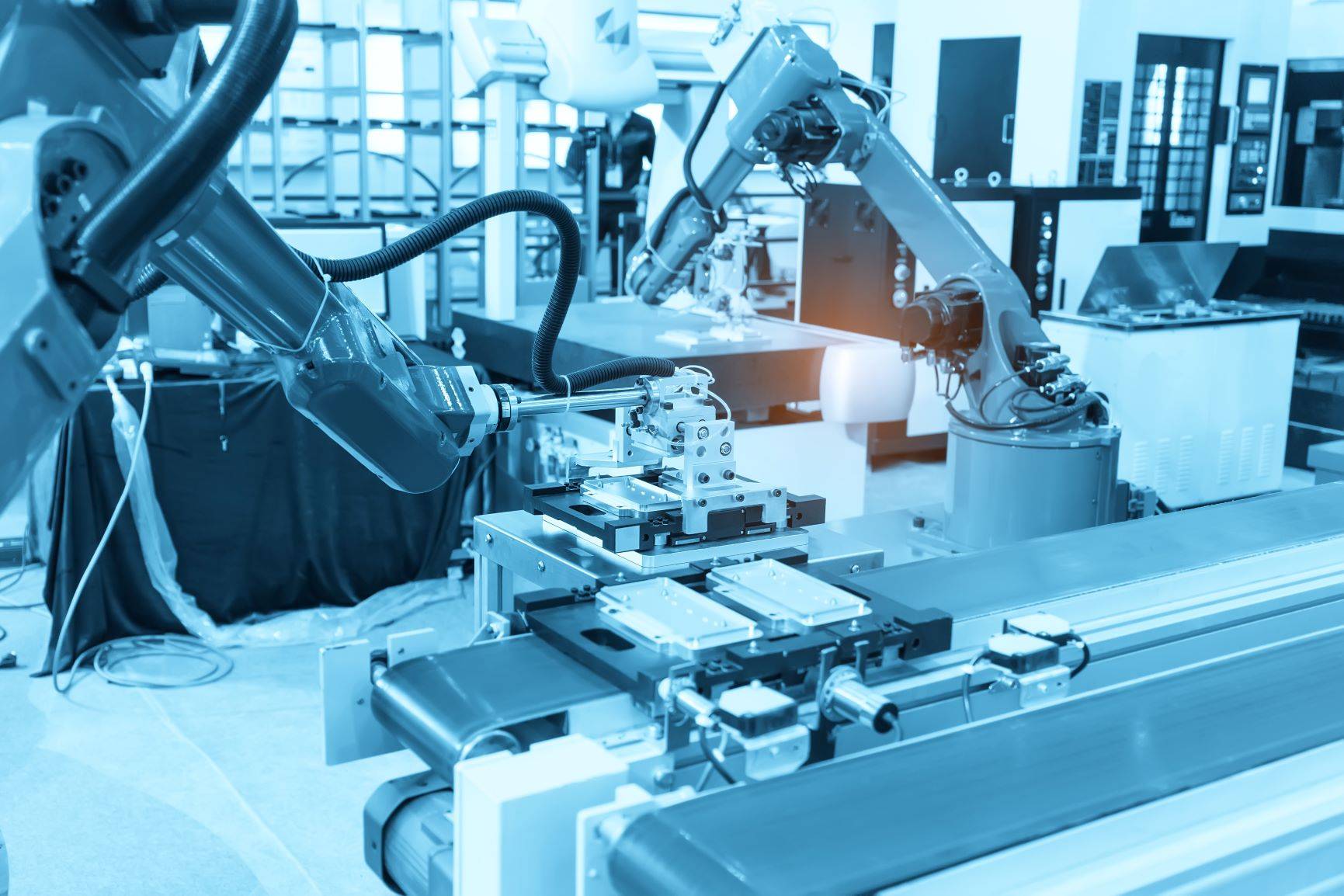Cip Code: 15.0405
Overview
Industrial maintenance workers play a critical role in keeping industries running
smoothly. Without them, businesses would experience downtime, lost production, and
decreased profits. This means that industrial maintenance workers are an essential
part of the workforce.
Industrial maintenance workers are in high demand in many industries, and the need
for skilled professionals in this field is expected to grow.
Industrial maintenance workers are responsible for maintaining and repairing a wide
range of equipment and machinery, which means that they get to work on a variety of
tasks and projects.
Overall, pursuing a career in industrial maintenance can provide job security, good
pay, interesting work, and opportunities for career advancement in an essential industry.
Weatherford College's Industrial Maintenance and Automation Technology program combines
industrial maintenance with automation processing. Including integration with robotics
in support of the rapidly advancing world of process automation. Students will learn
mission critical systems, building and programming robotics, and integration of systems
to create solutions to industry challenges.
Career Opportunities
Students will gain the knowledge, skills, and hands-on training/experience in industrial
maintenance and automation as well as pic and robotics programming. Students will
be prepared to enter the workforce as maintenance technicians, automation technicians,
facilities/equipment maintenance personnel, or PLC/Robotics programmers.
Industrial maintenance workers are high in demand in many industries, and the need
for skilled professionals in this field is expected to continue to grow. Students
will continue to gain valuable industry-recognized credentials to keep up with the
advancements in technology and industry trends.
According to the Bureau of Labor and Statistics, employment of industrial maintenance
and automation technicians is projected to grow 13% from 2020 to 2030, much faster
than the average for all occupations.
A study by the Manufacturing Institute found graduates of industrial maintenance programs
have 93% job placement rate within 6-months of graduation.
Although a 4-year degree is not needed for employment as industrial maintenance and
automation technician, students who choose to pursue a 4-year degree in a related
field, such as engineering, industrial technology, or mechatronics expand their career
opportunities and advance to higher-level positions.
Requirements
- Students must be able to stand for prolonged periods of time, climb ladders, and be able to lift up to 25 lbs.
- If under 18, Minor Consent Form is required and must be completed then uploaded with the application
- Students must have attained the age of 18-years prior to entering into an internship.
Supply List
Students will be required to purchase and bring to class the items on the supply list:
- Safety Glasses
- Safety Shoes/Boots
- TI36X Scientific Calculator (or equivalent)
- 1GB flash drive or larger
Required Textbooks
Industrial Maintenance and Mechatronics (2nd Edition). Ballee & Shearer (2024). G-W Publishers. ISBN #978-1-63776-711-5
Programmable Logic Controllers, Hardware and Programming (5th Edition), Rabiee (2023), G-W Publishers. ISBN #978-1-63776-471-8
Faculty
- Bill Alexander, Ph.D., Program Director/Department Chair
- Jerry Barrow, Instructor
- Tim Duermeyer, Instructor
- Greg Hogue, Instructor
